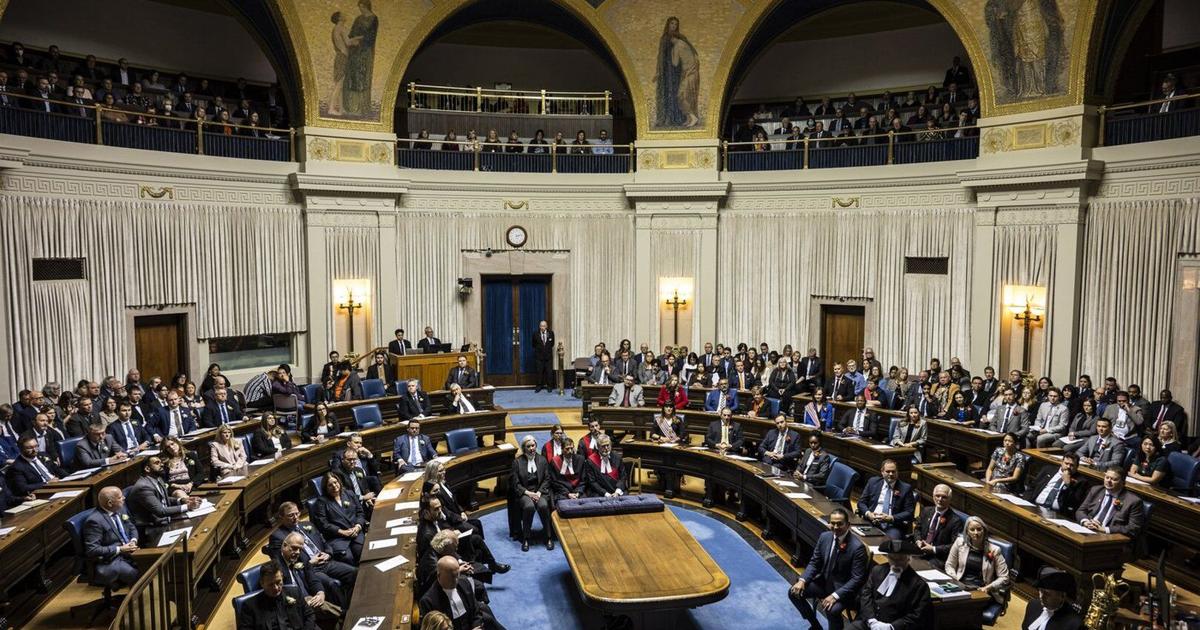Manitoba’s First Nations leaders are weighing in on the federal government’s latest budget, offering a range of perspectives on what it delivers for Indigenous communities and what they’re concerned may have been left out.
Across Manitoba, Indigenous leaders say it amounts to a cut compared to last year, and has the Assembly of Manitoba Chiefs calling for amendments before the November 17 vote.
“This country is based off of treaties, and we as First Nations are going to be at the table, and if Canada doesn’t recognize this, they will continue to see legal challenges across the Country and be in a bigger deficit than they are today,” said Grand Chief Kyra Wilson, Assembly of Manitoba Chiefs.
Grand Chief Jerry Daniels, Southern Chiefs’ Organization, said, “It’s, I think being called an Austerity budget in some sense, obviously we are experiencing some cuts.”
While Chief Gordon BlueSky, of Brokenhead Ojibway Nation, said, “When we live in an area that is the most developed of Manitoba, but we’re still being funded at 1900 rates, it doesn’t make sense to me.”
They feel the budget has some positives, but lacks support for key areas like Jordan’s Principle, First Nation policing, and housing. They are calling for a formal review process where First Nations can voice their concerns and shape future budgets.
“On top of all the issues for on-reserve and on-reserve funding, we’re still having our children taken at an alarming rate, we still have our women going missing with no follow-up,” said Chief BlueSky.
Grand Chief Daniels added, “In Winnipeg, for example, with some of the water treatment plants and investment is not reflecting the same First Nation investment and contracts, it’s a lost opportunity.”
Chief Leroy Constant, of York Factory First Nation, added, “This week we saw firsthand what underinvestment in Infrastructure truly means for our people. York Factory is still stranded without a Ferry or access, supplies, and materials for community projects.”
Meanwhile, the Manitoba Metis Federation welcomed the budget as it looks to strengthen the economy. They are happy to see $2.8 billion for the Urban Rural and Northern Indigenous Housing Strategy and investments in youth, women, and 2SLGBTQ+ individuals.



